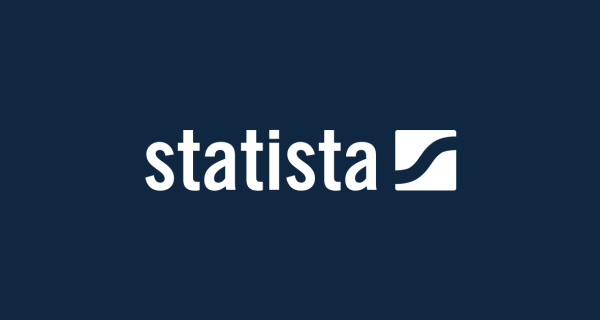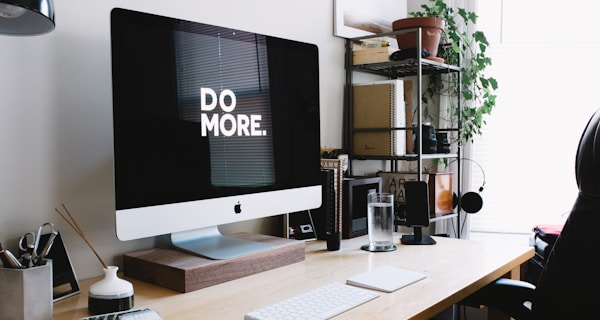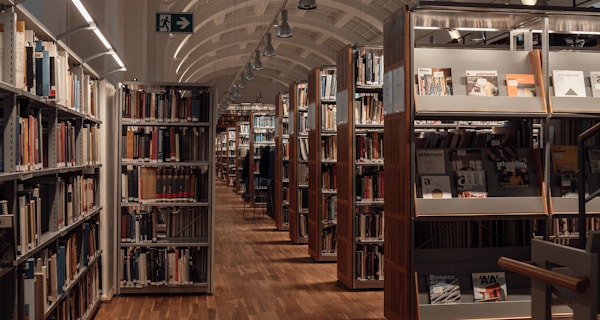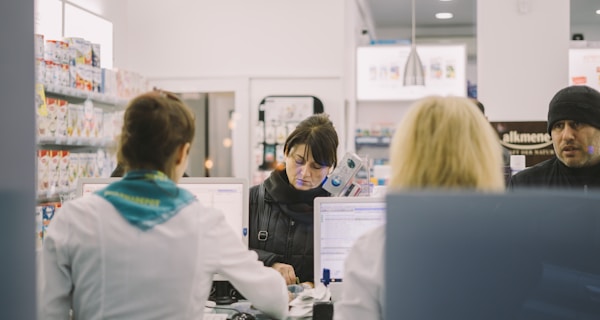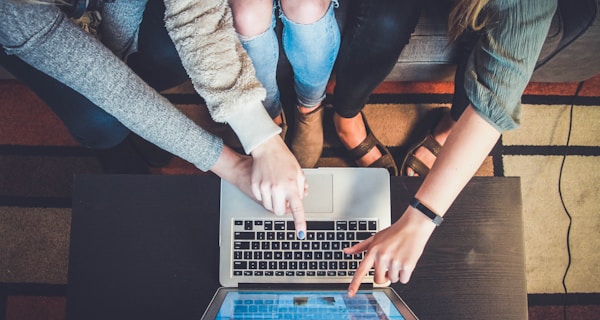Fact-Checking Information Sources
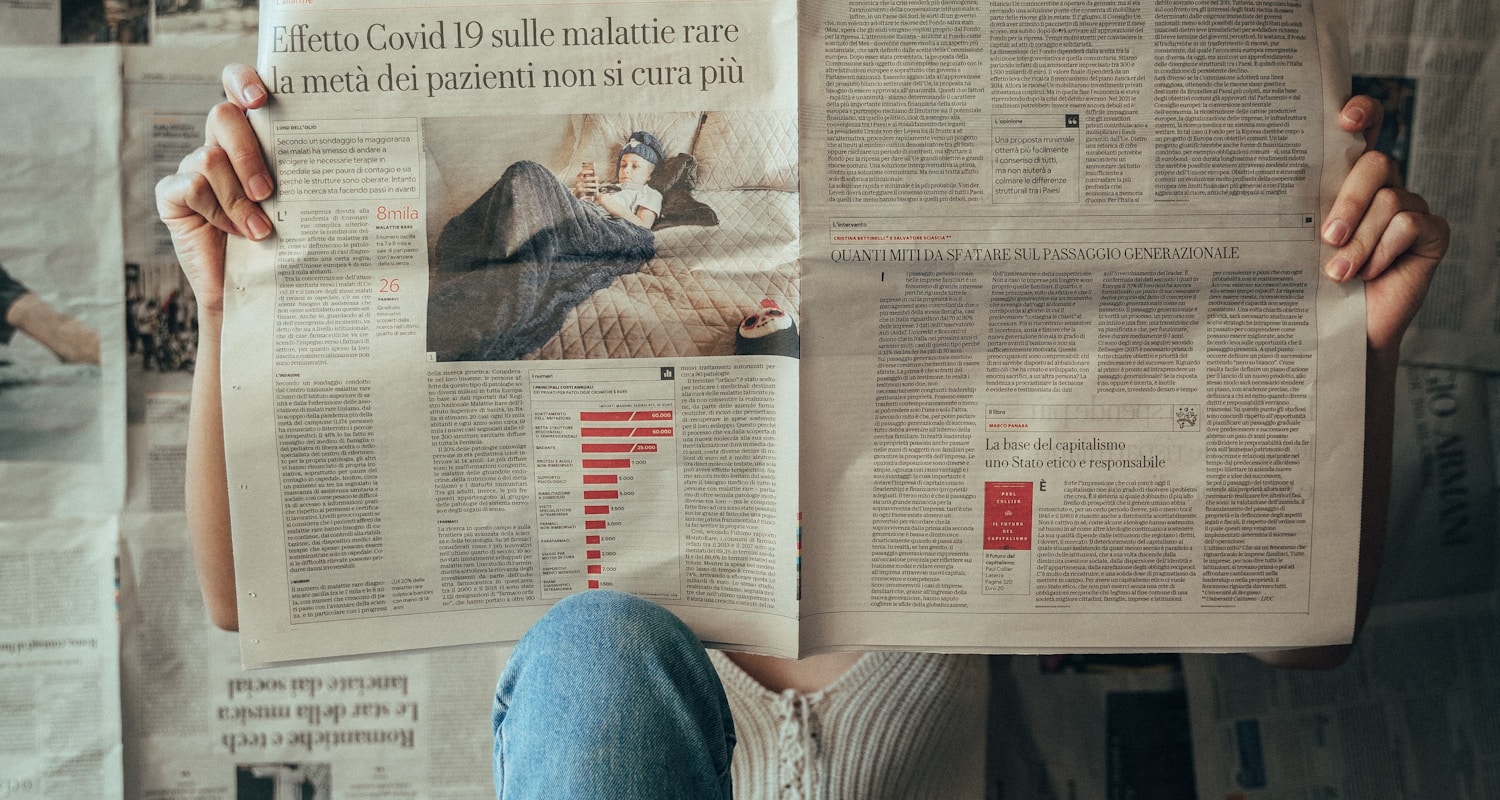
With the vast amount of information on the internet and social media, and our tendency to just read the headlines, it’s easy to spread misinformation. This guide provides tips and resources to help you verify whether the information you read and hear is real or fake.
What is fact-checking?
It’s the process through which you verify whether the information and its source are factual and true or not, with the aim of promoting veridic information.
Why is it important to spot fake news & misinformation?
In a world where technology allows you to share your point of view with the other 7.8 Billion people; it has become increasingly favored to not only voice your opinion but also share it with as many people as possible. Not only that, you no longer even need to be a human to share your opinion, a machine can do it too.
The consequence of this is that the information that is usually most sticky and viral is the one that is: cute, funny, inspiring, insightful, emotive, exciting, new, but also the one that is sensitive, delicate, difficult, problematic, controversial, and alarming.
In an open market where the majority’s aim is to attract the attention of as many people as possible, we fall at the risk of spreading information that is sensitive, delicate, difficult, problematic, controversial, and alarming, which very often is not true.
And given that we humans are able to experiment with different feelings in short bursts of time, we fall in short-time-span cycles where we like to get amused in the least amount of time. Just think of social media companies like TikTok, Facebook, 9GAG, or news media outlets like TheSun, 20minutos, Metro, etc.
This promotes a fish-like society where we are all indulging in media-baiting on whatever attracts our attention the most.
This in the long run is not healthy for us as humankind and neither at the society level. We should promote healthy information that nurtures us humans to create deeper thoughts and connect with knowledge at different levels.
This is why it is so important for you to take a deeper look and discern whether the information you are reading or hearing is true or not. It is our job, as individuals, to decide what is best for us and for the ones around us, not just in the short run but also in the long run. Growth over immediate pleasure.
How to fact-check your source in 1 minute or less?
- Check the domain on Similarweb, is it a credible outlet?
- Verify the story by finding a credible outlet reporting the same thing. Snopes, the internet’s fact-checking resource is a great way to do this.
- Try to find the author, has she/he written anything else before? With Citationsy you can just copy and paste the website URL and we will find the author for you. If you can’t find one, type the domain name on Who.is and find the registrant information.
Key Takeaways
The main reason why most people still don’t fact-check is that it takes time, and it usually makes you feel like a party-pooper.
Nonetheless, a quick 3-step procedure can take less than 1 minute to do, and by doing so, you are doing society a huge favor.
If true, share and promote.
If not true, don’t promote and report.


